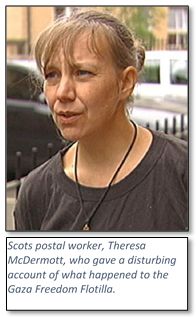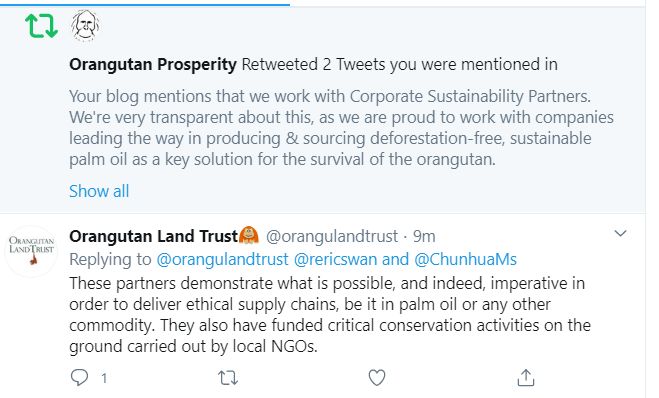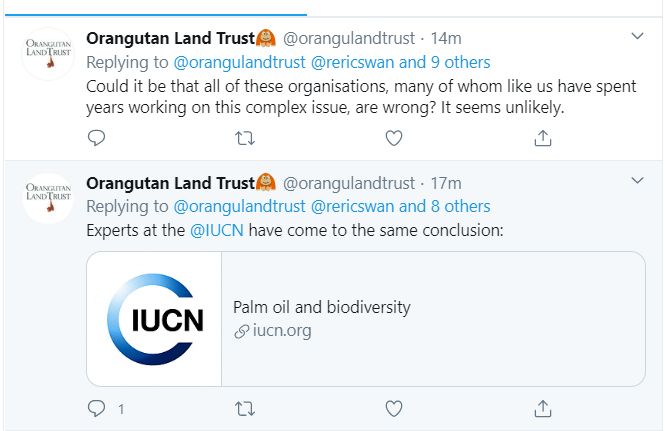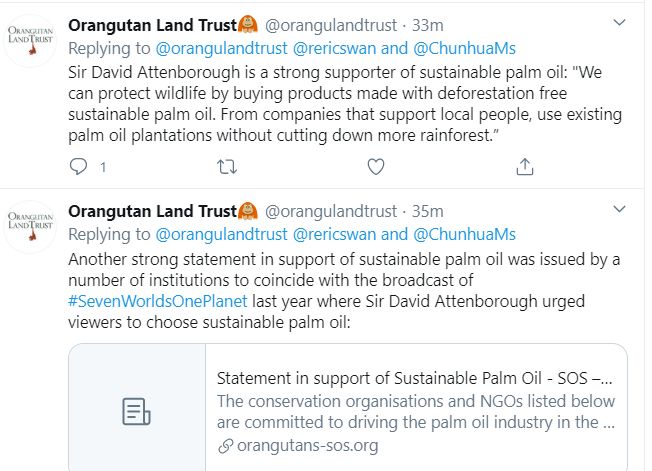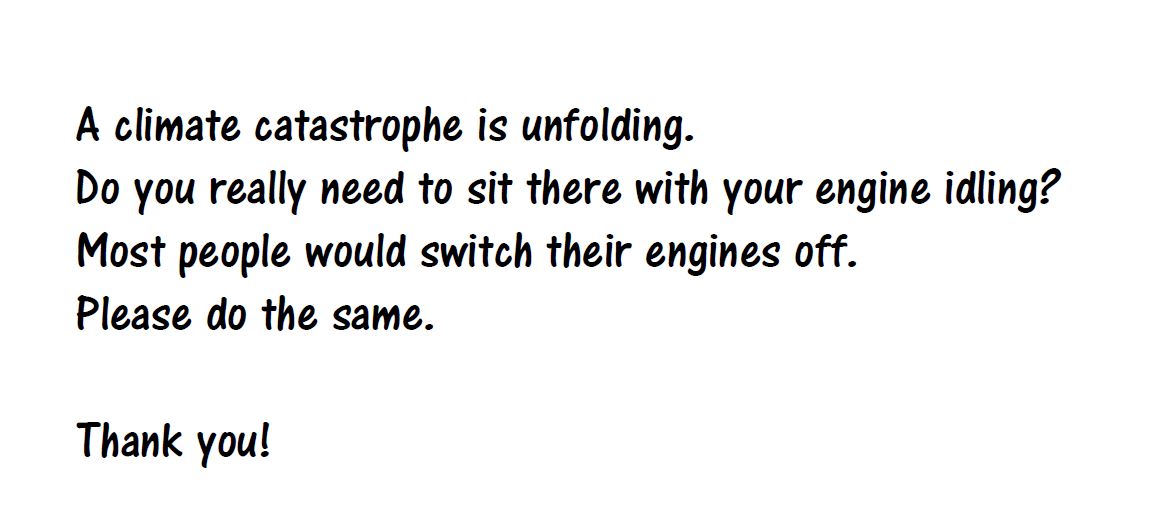I just sent the following email to my MP (Joanna Cherry). I hope it will inspire others to write similar letters to theirs!
Dear Ms Cherry
I have written to you many times over the years on the subject of the settler-colonial and apartheid Israeli regime and its breaches of human rights, and I have always been pleased with your responses. I congratulate the SNP on its opposition day attempt to get the UK Parliament to vote for an immediate ceasefire in Gaza.
With the UK Government’s ongoing implicit support for Israel’s actions in Gaza, the West Bank, etc., and for Israel’s attacks on other countries (evidenced by, for example, its refusal to support an immediate ceasefire, its ongoing sales of arms to Israel and its direct intervention when the RAF shot down drones fired by Iran in retaliation for Israel’s attack on its consulate in Damascus), I believe it is reasonable to conclude that the UK and its allies, such as the USA and Germany, are guilty of de facto support for a genocide-perpetrating regime and therefore of supporting genocide, particularly in view of the International Court of Justice’s interim ruling. However, regardless of whether the term ‘genocide’ is appropriate or not, I imagine you will agree that no reasonable person can credibly argue that Israel is not guilty of multiple criminal breaches of human rights and international legal conventions.
Complicit in Israel’s crimes if paying tax to UK Government?
This being the case, I must ask myself to what extent I myself am complicit in Israel’s crimes through paying tax to the UK Government. This leads to the question: am I legally justified in withholding my tax, or a portion of it, in protest against the UK’s support for Israel? If so, how can I do this if my tax is deducted from my pay via PAYE? I assume that this would mean you asking civil servants to research these points. I would be extremely grateful if you could additionally ask them what the legal situation would be if civil servants refused to support the work of MPs, political parties and a government which effectively support (if not cheer on!) Israel’s atrocities.
NATO and necrocapitalism
On a related issue, I was bitterly disappointed when the SNP voted in 2012 to support NATO membership. I was equally distressed when I saw your colleague Alyn Smith congratulate Finland on its accession to NATO. There seems to me to be little doubt that NATO expansionism was a major reason for Russia’s invasion of Ukraine (see, for example:

Experts Warned For Years That NATO Expansion Would Lead To This

Empire To Expand NATO In Response To War Caused By NATO Expansion

NATO Exists To Solve The Problems Created By NATO’s Existence),
and that NATO is a major element of a hugely powerful and destructive military-industrial complex, itself enmeshed in what some call (I think accurately) ‘necrocapitalism’. (Please Ecosia this term.)
Israel’s ecocide
Israel is at the heart of this genocidal/ecocidal entity, dispossessing and exterminating the Indigenous people of Palestine who are/were superb stewards of nature, as well as directly destroying components of the natural world (from which we must all realise we are not separate). On this last point, I assume you will be familiar with Israel’s destruction of Palestinian olive groves, its inappropriate planting of fire-susceptible exotic conifers, its ill-conceived eradication of Palestinian black goats (now, happily, reversed), etc.

The military activity of Israel and its allies additionally has a massively harmful environmental impact (see, for example: World’s militaries avoiding scrutiny over emissions, scientists say).
I urge you, therefore, to challenge your colleagues’ support for NATO membership. To be blunt, I am not sure if I can continue to hold my nose and vote for a party which supports membership of this malign entity.
Scotland’s International Development Alliance and ‘Shifting the Power’
On a more positive note, I would like to refer you to Scotland’s International Development Alliance’s recently released and excellent ‘Shifting the Power’ report), which ‘aims to change the narrative on “development” and “aid” and consider what it should evolve into in terms of supporting the global redistribution of wealth and power [and also] aims to shift decision-making and power structures away from the global north and support self-defined global sustainable development’. There’s a handy briefing for politicians linked from the above page (in which you’ll note, by the way, that Recommendation 7 explicitly refers to Israel: ‘Immediately cease issuing any arms licences to Israel, Saudi Arabia or any other country that violates international humanitarian law’).
I hope my letter, and the SIDA briefing I have recommended, will help you continue to argue for a more just world. I believe most of my friends, and even acquaintances, share my views.
For your convenience, here’s a summary of the main points I would like you to address:
- Am I legally justified in withholding my tax, or a portion of it, in protest against the UK’s support for Israel?
- If so, how can I do this if my tax is deducted from my pay via PAYE?
- What is the legality of civil servants refusing to support the work of MPs, political parties and a government which effectively support Israel’s atrocities?
- Please speak out against the SNP policy of supporting NATO membership.
I look forward to your response, and thank you in advance for it.
Yours sincerely
R. Eric Swanepoel, Dr

 Global Climate Stripes, 1850-2021. Data Source UK Met Office
Global Climate Stripes, 1850-2021. Data Source UK Met Office 


